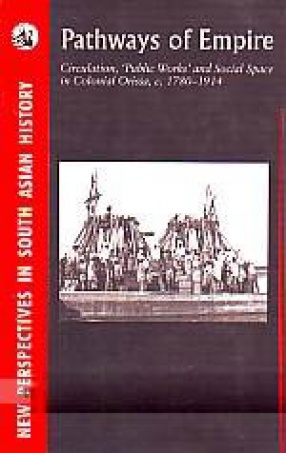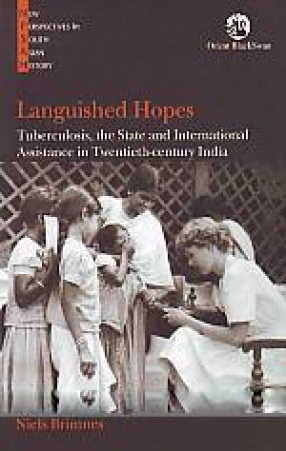
New Perspectives in South Asian History

Showing all 9 books

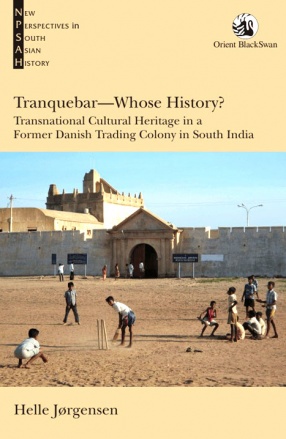
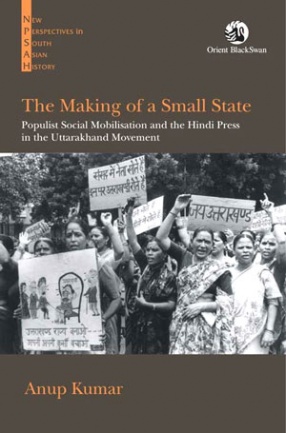

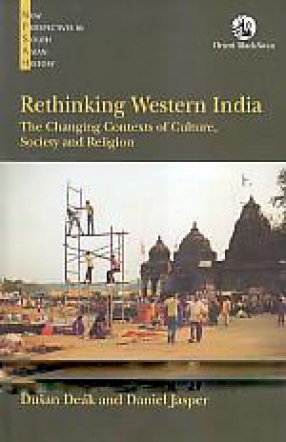
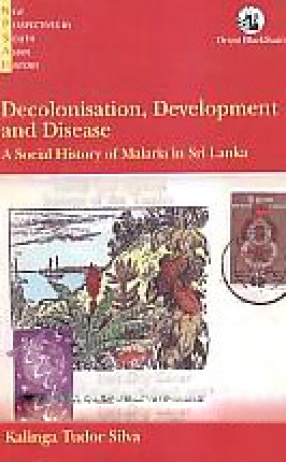
This book looks at the relationship between malaria and its social, political and environmental milieu in Sri Lanka over an 80-year period from 1930 to 2010. Providing an ethno-historical account of the accumulated body of indigenous knowledge, practices and cultural adaptation to fevers, it describes how they saw a rapid decline with the arrival of Western medicine.
Further, it discusses at length the politics of the devastating malaria epidemic of 1934-35 that ...

Tranquebar, a small fishing town on the coast of Tamil Nadu, was a Danish trading colony from 1620 to 1845. In recent years, the drive to develop it into a heritage destination has generated large-scale conservation and restoration efforts aimed at preserving the monuments of the towns colonial past Alongside the proliferation of surveys and development plans, manifold agents including local and state-level authorities, private entrepreneurs, researchers, NGOs, ...

In 1994, the reactionary student agitation against OBC reservations metamorphosed into a jan andolan (populist social mobilisation) for creation of Uttarakhand state. This study conceptualises jan andolan as a non-party populist political process that temporarily claims public space and often relies on the press to get its voices heard in the corridors of power. The mobilisation for Uttarakhand was led by social activists and civic leaders, who formed the ...
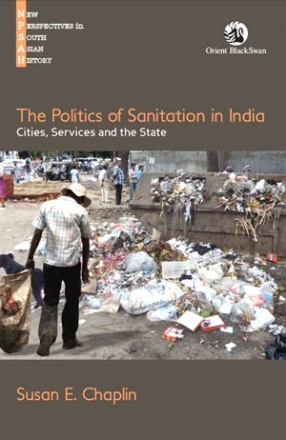
The Politics of Sanitation in India examines how the environmental problems confronting Indian cities have arisen and subsequently forced millions of people to live in illegal settlements that lack adequate sanitation, and other basic urban services. This has occurred because of two factors. The first is the legacy of the colonial city characterised by inequitable access to sanitation services, a failure to manage urban growth and the proliferation of slums, and ...
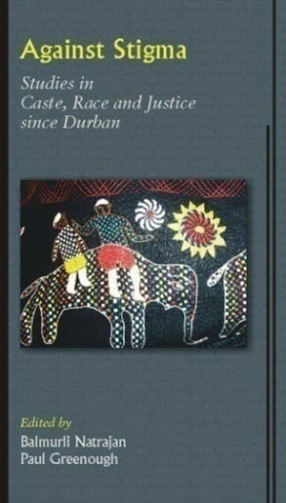
Historical barriers still inhibit comparative frameworks to map and challenge two of the most odious forms of discrimination―racism and casteism. Both justify themselves on a principle of biological descent; they enable stigma as if it were a natural fact, refusing to see it as deleterious social exclusion. Against Stigma carries fifteen essays that build upon the energies generated in scholarship as a result of the landmark 2001 World Conference ...
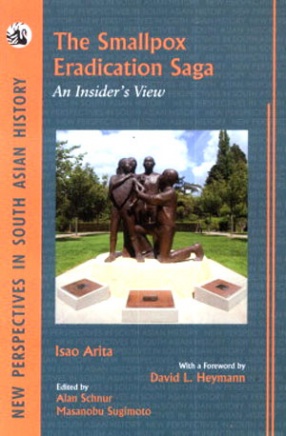
The global eradication of dreaded smallpox is a public health achievement of the twentieth century. Isao Arita relates the story behind this successful effort from an insider’s view. This book provides insights from the perspective of an active participant in many of the crucial events of the programme in Geneva, West Africa, Indonesia, India, Bangladesh, Ethiopia and Somalia. The author describes the selfless and tireless work of people from different ...
